An orphan finds happiness helping herself and others in Little Miss Broadway by writers Harry Tugend and Jack Yellen; producers David Hempstead and Darryl F Zanuck; and director Irving Cummings. Arthur C. Miller; Walter Thompson; and Harold Spina handle cinematography, editing, and music. Filming showcases California’s Movietone City.
The musical lasts 70 minutes. Its distributor was 20th Century-Fox. Its NYC-premiere and USA-release dates were July 22 and 29, 1938.
The movie begins with Madrey Orphanage’s matron (Jane Darwell) announcing Betsy Brown’s (Shirley Temple) adoption. Betsy’s parents’ friend William J. Shea (Edward Ellis) manages NYC’s Hotel Variety with daughter Barbara (Phyllis Brooks). The theatrical boardinghouse’s landlady Sarah Wendling (Edna May Oliver) lives across the street.
“Old Pumpkin” gives Pop five days to pay past-due rent. Sarah’s orphaned nephew Roger (George Murphy) joins Betsy at Sarah’s. Sarah rejects:
Barbara rejects Roger’s $2,500 loan.
Betsy and Roger attend Sarah’s brother Willoughby’s “Hot and Happy Four” practice sessions. City Club’s secretary (Harry C. Bradley) criticizes Willoughby’s barbershop quartet. Pop collects $2,500 with:
Pop does not need Jazz Bandits bandleader Jimmy Clayton’s (Jimmy Durante) $25.00 from pawned objects.
Barbara and Roger date. Sarah enchants Roger with:
-
“Auld Lang Syne”;
-
“Be Optimistic” with Brewster Twins Barbara and Gloria;
-
“How Can I Thank You?”;
-
“If All the World Were Paper”;
-
“Little Miss Broadway” and “We Should Be Together” (with him);
-
“Swing Me an Old-fashioned Song”;
-
“Thank You for the Use of the Hall”.
Sarah orders:
Betsy and Roger hide at Sarah’s. Roger organizes Betsy’s surprise birthday party. Sarah returns early from vacation.
Jimmy claims that Betsy visits Flossie’s (Patricia Wilder) relatives in Dixie. Sarah’s detective (Robert Gleckler) removes Betsy to Madrey. Roger sues estate executor/trustee Sarah for:
Judge Hart (Claude Gillingwater) must rule on the soundness of Roger’s plans. Perry (Russell Hicks) observes that a Broadway show with Variety performers undoubtedly will flop. Betsy shows up to suggest that any ruling must follow witnessing what Variety’s troupe can do.
The movie ends with:
-
Everyone applauding Variety’s courtroom performance;
-
A viewer asking to engage Variety’s troupe for $2,500/week at International Follies;
-
Sarah finalizing the offer at $5,000/week;
-
Betsy requesting a marriage license for adoptive parents Barbara and Roger.


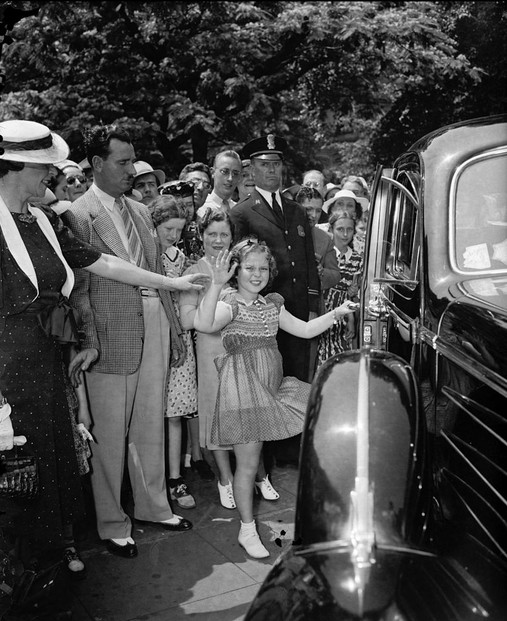



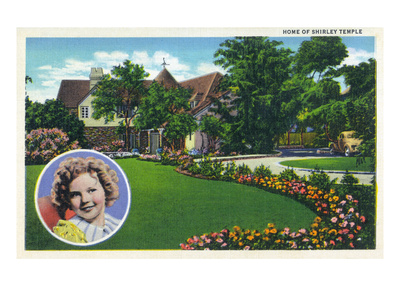
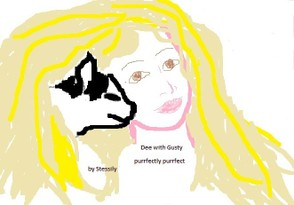
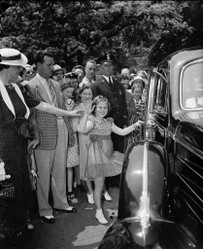

 Are Hawaiian Huakai Po Nightmarchers Avenging Halloween Thursday?on 10/02/2024
Are Hawaiian Huakai Po Nightmarchers Avenging Halloween Thursday?on 10/02/2024
 Mailing Addresses for 2023 Form 4868 Extending 1040 and 1040SR April 15, 2024, Due Dateon 04/15/2024
Mailing Addresses for 2023 Form 4868 Extending 1040 and 1040SR April 15, 2024, Due Dateon 04/15/2024
 Mailing Addresses for 2023 Forms 1040 and 1040SR Filed in 2024on 04/15/2024
Mailing Addresses for 2023 Forms 1040 and 1040SR Filed in 2024on 04/15/2024
 Mailing Addresses for 2022 Form 4868 Extending 1040 and 1040SR April 18, 2023, Due Dateon 04/13/2023
Mailing Addresses for 2022 Form 4868 Extending 1040 and 1040SR April 18, 2023, Due Dateon 04/13/2023


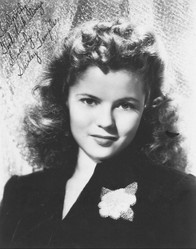
Comments
A film release of Little Miss Broadway intrigues me.
A prequel, a remake, a sequel and a series matter.
Mightn't a series muster all four into one manifestation?
My tendency in a remade Little Miss Broadway becomes more and more toward updated dances and songs.
Can't the original dancing and singing be conserved in a granddaughter character copying her grandmother Betsy Brown's dances and songs, along with a film copy of the latter dancing and singing?
That granddaughter in turn could constitute the grandmother of the remade-film's greatgreatgranddaughter of the original-filmed Betsy Brown (Shirley Temple)!
The computer crashed afore I communicated another component of my comment below.
A prequel, a remake, a sequel might manifest modern-setting dances even as the marvelous dancing from the 1938 film might be maintained.
How?
The Shirley-Temple character occurs as the descendant of the original-film Shirley-Temple character and orients herself toward the latter's dancing discipline through ancestral films, diaries, memoirs and news clippings.
A 20-year generation -- in the years 1938 through 2025 -- puts a modern-prequel, remake, sequel Shirley-Temple character as great-great-grandchild of the original-film Shirley-Temple character.
At least one of those generations would wend their way through 1938 and 2025. How about the one as granddaughter of the original-film Shirley-Temple character and grandmother of the modern-film Shirley-Temple character?
A prequel, a remake, a sequel might matter as characters and story from another time -- the temporal setting of the original -- or as this time.
Might a modern setting matter more than 87 years ago if for nothing else because of modern dance moments?
A prequel, a remake, a sequel cause me to consider temporal settings.
Does it delight audiences nowadays for a Little Miss Broadway recycled into prequel and sequel and remade as an 87-years-later re-release to deal with the pre-war doings?
A prequel can create Betsy Brown's (Shirley Temple) father and mother and their respective birth and nuclear families and friends.
A sequel might match her adoptive and birth families and the latter's friends into such sociable mixes as in-home meals and parties and night-out theater-going.
Wouldn't that work wondrously for such a winsome near-wraith as Betsy Brown winning a happy life?
This film calls for a prequel, a remake and a sequel in whatever orders configure most charmingly for whoever creates the current counterpart of a Shirley Temple character.
Shirley Temple's character Betsy Brown inspires imagining how, when, why she inhabited an orphanage even as she invoked such impressive performance skills. She also kindles how happy her adopted-child life keeps her and her adoptive parents and their performance-world acquaintances.
Now who might make the best Shirley Temple today?